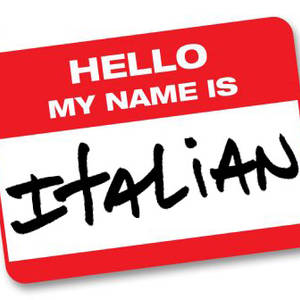Life & People
Journalist, television critic, professor of radio and television history at Catholic University in Milan, Aldo Grasso moderates a forum entitled “Television” on Corriere della Sera’s website where he has established a direct line of communication between readers and television programs






































